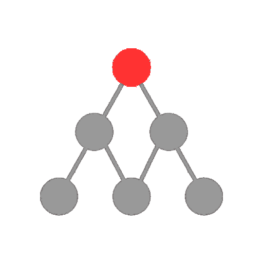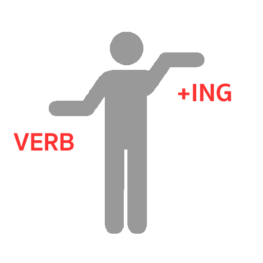
NLP Inverse of the Meta Model
The first part of the Milton Model is called the inverse of the Meta Model. The Meta Model is a set of language patterns that can be used to describe an experience more in full. The Milton Model is the opposite of it. It allows you to be “artfully vague”. In the scope of being able to be artfully vague, it allows you to sound very specific and at the same time the suggestions given are general enough to be adequate for the experience of the listener. Where the Meta Model gives you a way to recover specific information that is deleted in any sentence, the Milton Model is the opposite. The Milton Model allows you to provide information in which all specific information is deleted. This requires the listener to fill in the deleted information provided by the Milton Model. How easy can your life be?








